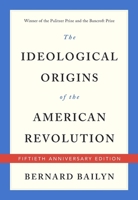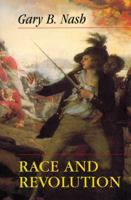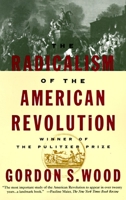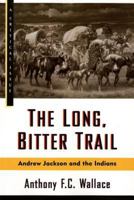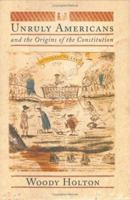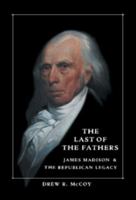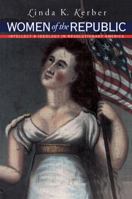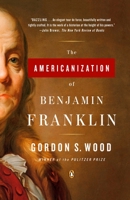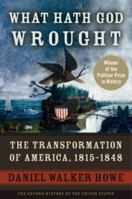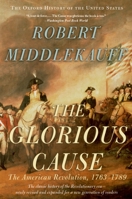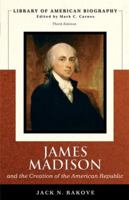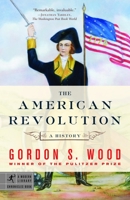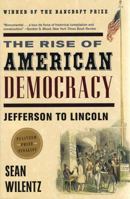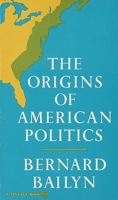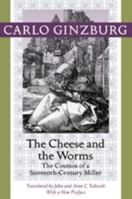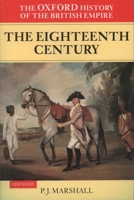The Elusive Republic: Political Economy in Jeffersonian America
Select Format
Select Condition 
You Might Also Enjoy
Book Overview
By investigating eighteenth-century social and economic thought - an intellectual world with its own vocabulary, concepts, and assumptions - Drew McCoy smoothly integrates the history of ideas and the history of public policy in the Jeffersonian era. The book was originally published by UNC Press in 1980.
Customer Reviews
Rated 5 starsThe founding fathers lived in a very different world.
This book shows that in the years of American independence, it was the vision of America's ruling class leaders including Franklin, Jefferson and Adams that the United States be predominantly a nation of small independent farmers. These farmers also according to this vision would engage in very small scale manufacturing of household essentials from dishes to clothing and trade such products with one another. Manufactures that...
0Report
Rated 5 starsWhere have all the political economists gone?
We tend to forget that up until the late nineteenth century most economists saw their field as a branch of politics and/or ethics. The purview of this altogether brilliant book is the Federalist period thru the Monroe administration. McCoy elucidates the main theories of political economy in the early Republic and examines how practical politics forced the likes of Jefferson, Madison, Hamilton and many others to change or...
0Report
Rated 5 starsThis is a book to hang on to.
In The Elusive Republic, Drew R. McCoy presents a compeling work on the development of America's political economy. After walking away from this book I felt that I had a good grasp on an area of Jeffersonian republicanism that I had not been exposed to. This is a book to hang on to.
0Report
Rated 5 starsThis is a very easy to read introduction
to a very complex topic. Not that it is a mere summary--McCoy has many ideas of his own--but he does, very successfully, present a summary of Republicanism and liberalism.This is a fabulous book, very well-written and full of interesting ideas. I'd say it's the best introduction to the early republic and Jeffersonian America. If some readers were stumped by this one, I'd love to see their reaction to J. G. A. Pocock's _Machiavellian...
0Report
Rated 5 starsIlluminating
In the young United States existed a prevalent notion of the link between political economy and national character. Jefferson and his coterie felt the virtue of the young republic largley depended on its survival as an agrarian society.McCoy starts with an ambitious (if simple) goal: to explicate and illustrate the Jeffersonians' attitudes toward political economy, and the ways in which those attitudes (namely, the desire...
0Report








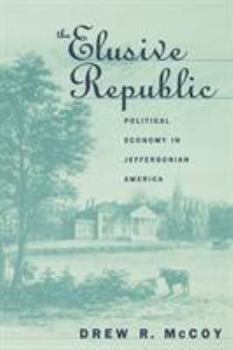

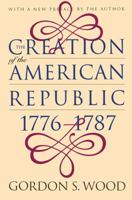
![Liberty and Power [Updated Edition]: The Politics of Jacksonian America](https://i.thriftbooks.com/api/imagehandler/s/9CCCC0AED41532C6F9A4D28F3DFDDF760DA9E505.jpeg)
